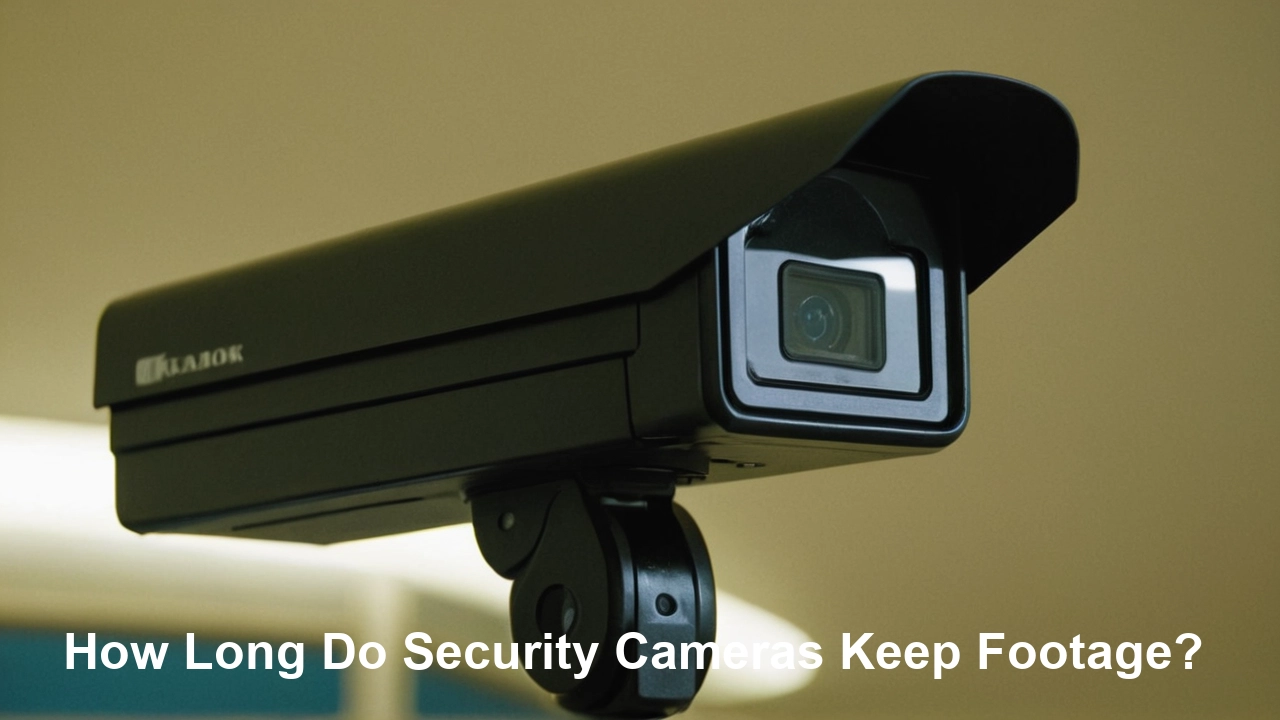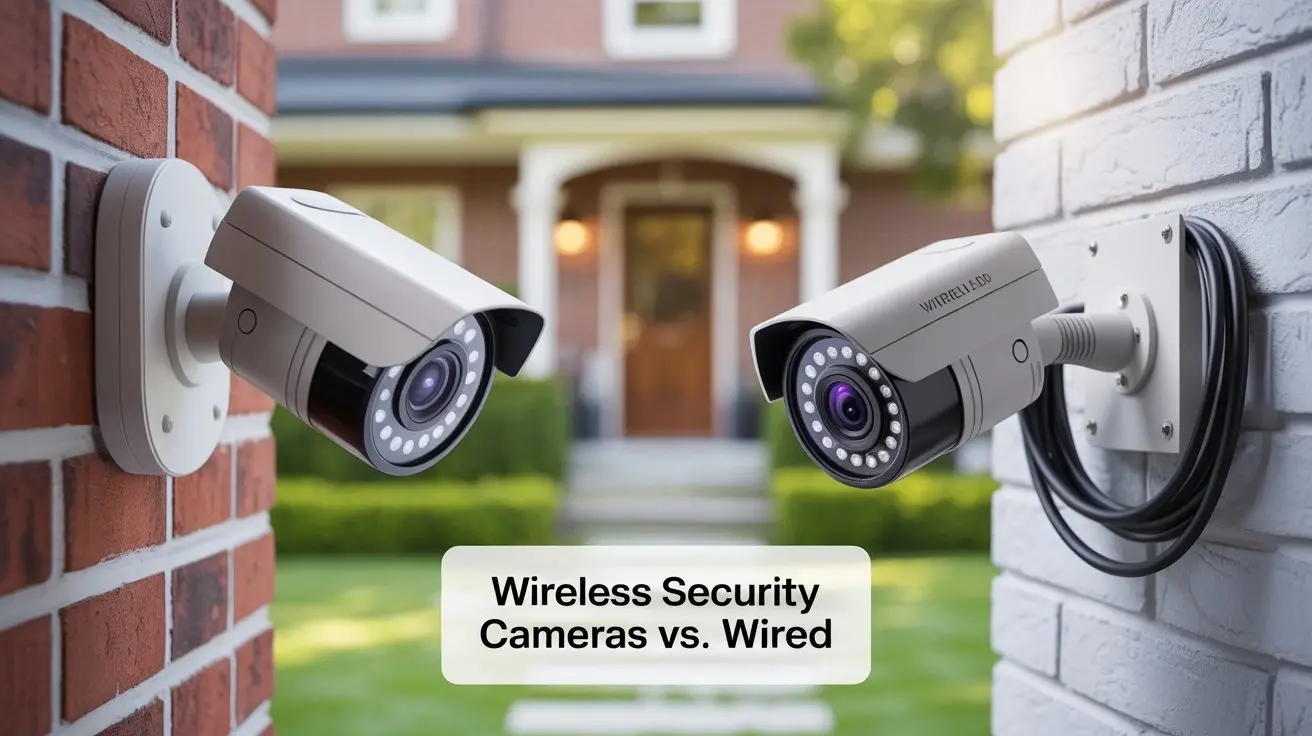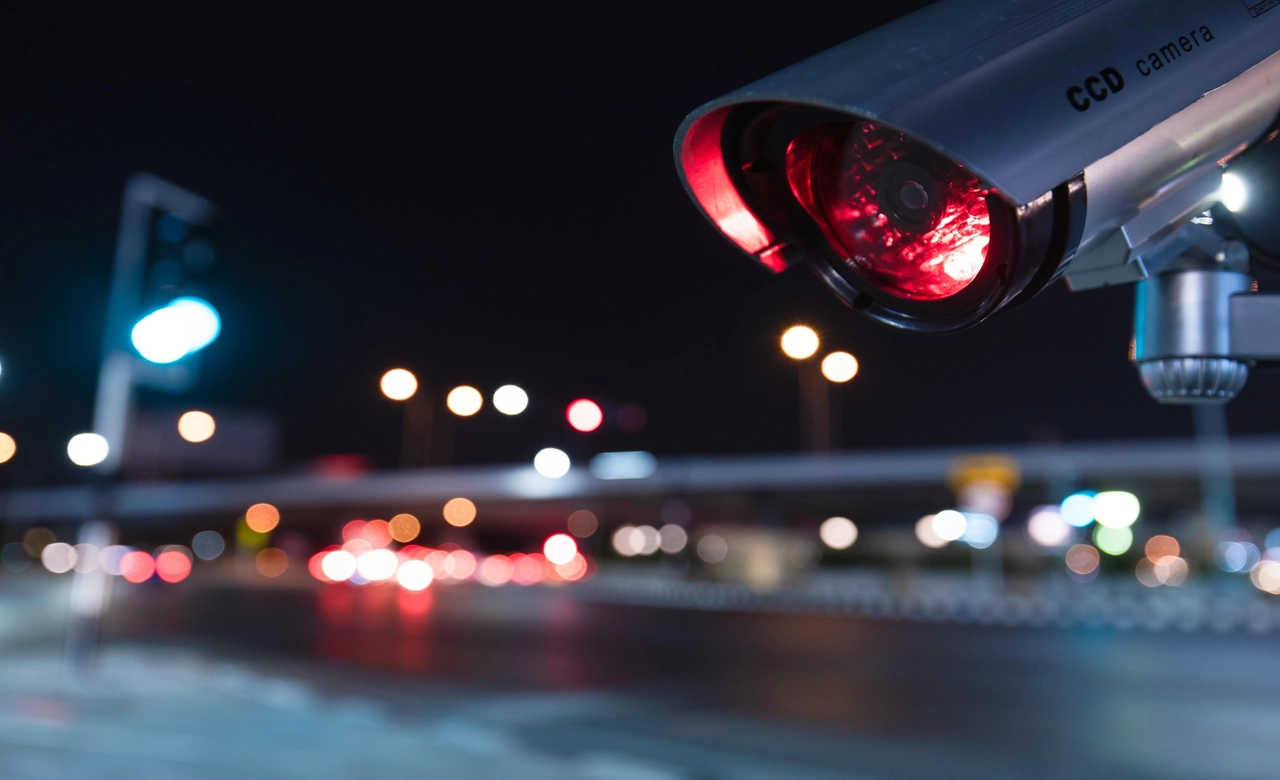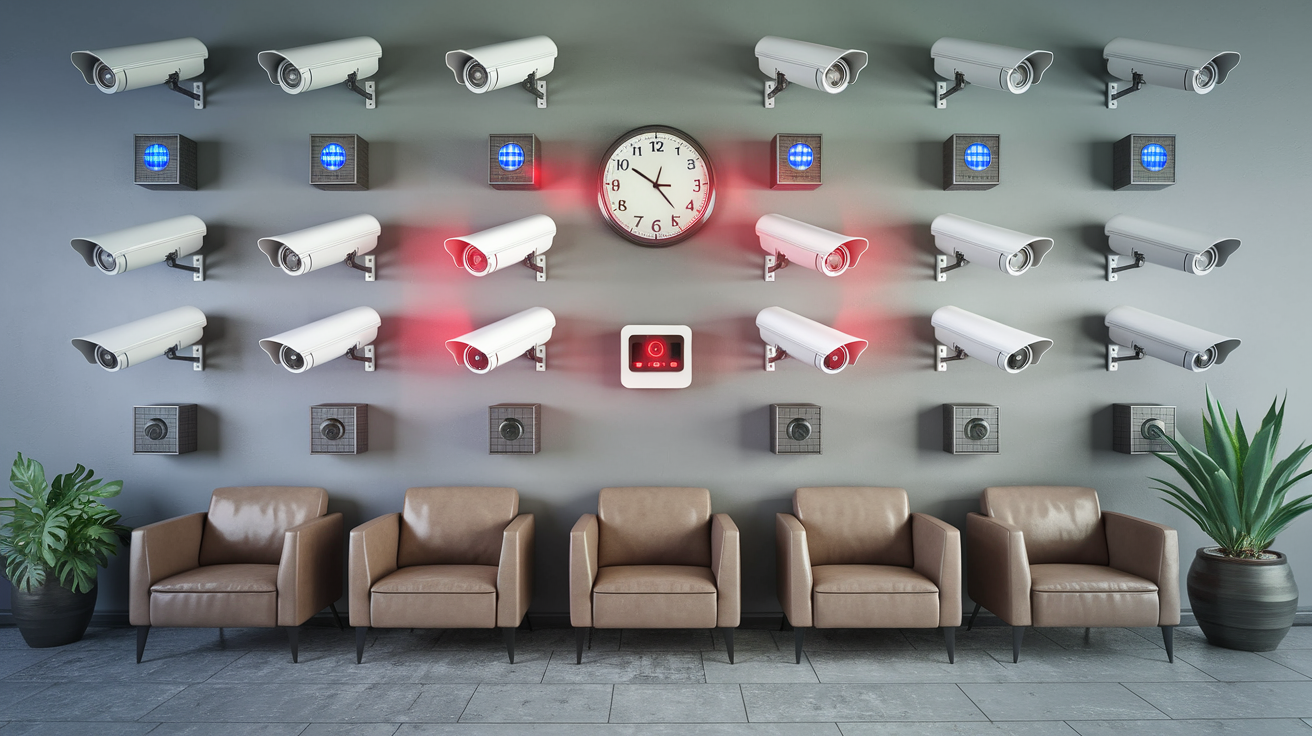How Long Are Security Camera Recordings Preserved?
Security cameras are essential in protecting homes, businesses, and other properties against theft or intrusion. They assist in discouraging unlawful activities and act as sources of video documentation in case of an attack. A common concern that is frequently raised concerning security cameras is the period of time that the camera records before it starts to overwrite or erase the footage. Below are some of the factors determining the duration of security camera footage retention.
Storage Capacity
Perhaps one of the most fundamental requirements is the amount of storage that the cameras and the video recording system can hold. Security cameras that record footage locally on an SD card or hard drive will be limited by the storage capacity of the SD card or hard drive. For instance, a 32GB SD card used in a camera that takes five frames per second and records at 1080p will be full in about two weeks. In other words, the maximum period of time for which it can retain footage is solely a function of its local storage.
To archive a piece of footage for a longer period of time, the videos have to be moved to a larger dedicated storage solution. This could be an on-site network video recorder (NVR) with multiple large hard drives that provide up to 8 terabytes or more of storage. Or for longer cloud-based systems, videos are streamed over the internet consistently and stored in distant servers with virtually unbounded storage space.
Recording Resolution
The last but not least input in maximum retention duration is the resolution of the video that the security cameras capture in. Less clear recordings such as 720p or 480p enable the camera to record significantly more hours of video using the same amount of storage than higher and higher definition 1080p or 4K video. This is because high definition videos take up a lot more space as compared to standard videos, therefore more clips can be stored in the same amount of space. In most of the contemporary IP security camera systems, one is capable of changing the rate of video retention in regard to the duration of retention and the level of detail.
Frames Per Second
Apart from resolution, the number of frames per second (FPS) through which security cameras record determines storage and retention time. Almost every camera provides the option to set FPS rates, which vary from five to thirty frames per second. A lower FPS of five or 10 uses lesser storage capacity, although the footage quality is still usable for creating videos, and videos can be retained longer with the same storage system. Thus, when seeking to increase retention without upgrading storage, a reduction in FPS and resolution can be beneficial to some extent. However, both also lower the video quality .
Types of Storage Media
The type of storage media used is also another key factor in relation to file sizes and the overall retention time. Current security camera recorders utilize hard drives for local onsite storage, which can allow for several terabytes up to 10TB plus of storage capability. Hard drives are relatively cheaper than other media of storage and their useful life is long enough for most camera systems.
Another type is a solid state drive (SSD) that utilizes flash memory chips to store data instead of platters. SSD drives are more durable than typical disk hard drives in addition to being more dependable. However, SSD is still significantly more expensive per unit of storage capacity. But prices have remained relatively low, thus making SSD more reachable for security camera storage.
For extended cloud storage, the offsite facilities controlled by organizations employ different types of high-capacity, secure business-class storage technologies. It enables a retention of virtually any length when properly configured and, of course, adequately funded.
Retention Requirements
In addition to the maximum retention capability that is defined by the storage capacity available in the system, the retention duration is also defined based on certain business, legal, or insurance requirements that are specific to a company. Some small business clients are satisfied with retention of security camera footage between 7 and 30 days as it is enough to address most reporting of incidents and investigations while not requiring storage for long periods.
Nevertheless, banks, retailers and other industries may be bound to retain the footage for 30, 60, or 90 days due to policies, liability, or compliance issues. On the same note, some businesses prefer to keep recordings for as long as possible to cover their back in case situations are not easily noticed or reported. Therefore, when choosing the data retention policy for security cameras, certain requirements of a specific enterprise or property and corresponding responsibilities should be taken into account.
Continuous vs Scheduled Recording
Many of the current IP security cameras offer the feature of continuous 24/7 video recording or recording at specified times. For instance, only recording during the nighttime when the exterior of a facility is not in use or occupied. Scheduled recording times can also decrease the overall footage within a day and increase the retention period duration. Although their continuous 24/7 recordings give the most comprehensive coverage of activities on a property.
Data Overwriting or Archiving
When a security camera system has the maximum retention duration settings, new recordings replace the previous ones because storage space is almost full. So footage is usually maintained for a predetermined rolling period for instance, 30 days. After that time, the newest recordings replace the oldest one in the buffer memory of the computer. This automated process guarantees that video is always available for at least retention period while at the same time avoiding expansion of storage requirements.
However, some camera systems also provide options to offload and archive essential video clips to another secured long term storage manually. This preserves critical incident footage from being overwritten by automated processes. While archiving videos are more active data management and need more storage space compared to other methods.
Cloud Storage Duration
However, when it comes to cloud-hosted video surveillance, the retention period can be significantly longer since data center have virtually infinite storage capacity when properly set up. Most of the cloud platforms employed by security camera companies allow for retaining recordings for 60-90 days or as may be intended. Some even allow cases to store all videos in the cloud indefinitely if businesses desire maximum protection. While extended cloud storage does come with higher recurring service charges depending on the total volume of data used over time.
Conclusion
To sum up, simple security camera systems with on-site storage can preserve video footage for about 7 to 30 days in many scenarios. However, the strong local NVR systems with higher storage capacity can retain the footage as long as 45 days to 3 months on average. And cloud-hosted systems typically keep videos for not less than 60-90 days and in some cases, even more. The precise period for which security cameras retain their footage depends on the resolutions, frames per second, storage capacity and media type, and business-specific policies on the retention of footage. Nonetheless, having the right security camera system with storage infrastructure, one can retain the videos as long as required for inspecting security issues and capturing events at the property or facility.





